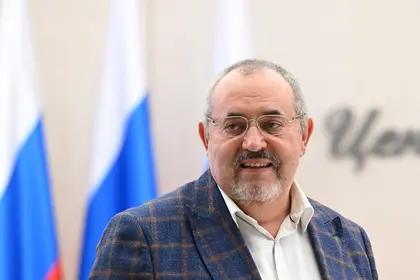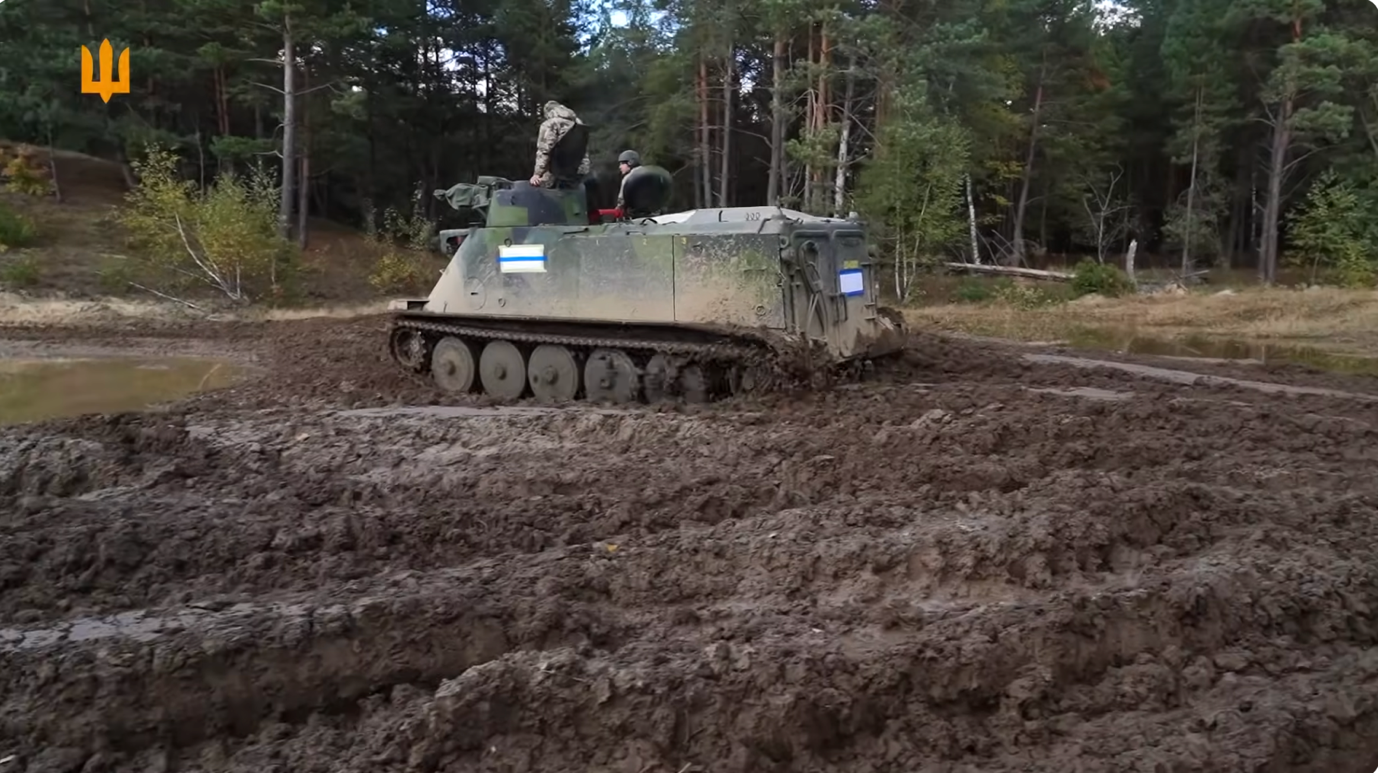The Russian Central Election Commission has denied pro-peace politician Boris Nadezhdin the opportunity to run in the upcoming presidential election, as announced by the candidate on social media, further enabling Russia’s dictator to run essentially unopposed.
The commission’s decision further consolidates President Vladimir Putin’s anticipated reelection for another six-year term in the upcoming March 15-17 vote.
JOIN US ON TELEGRAM
Follow our coverage of the war on the @Kyivpost_official.
All significant opposition figures have been excluded from the race. Only three candidates affiliated with nominal opposition parties “supported” by the Kremlin remain registered for the election.
“I disagree with the decision of the Central Election Commission,” Nadezhdin wrote on Telegram. “I have collected more than 200,000 signatures all over Russia.
“We conducted the [signature] gathering openly and honestly – the whole world was watching the queues at our headquarters and collection points.”
Despite gathering over 200,000 signatures nationwide, the CEC found “errors” in the process, including signatures from deceased individuals and discrepancies in collector data. Nadezhdin vows to challenge the decision in the Supreme Court, emphasizing the importance of his candidacy.
“Running in the presidential elections in 2024 is my life’s most important political decision. I’m not backing down from my intentions. I am appealing the decision of the CEC to the Supreme Court of the Russian Federation,” Nadezhdin said.

Estonia Moves to Ban Russian, Belarusian Residents From Voting in Local Elections
Sergei Malinkovich, leader of the Communists of Russia party, also faces rejection due to signature issues.
The chances of a candidate overturning any commission ruling on appeal are non-existent, with the Kremlin exercising total control over elections in the country.
Ahead of the decision, Nadezhdin’s team said the alleged “errors” found by the commission included minor typos that happened when handwritten submissions were put into its computers.
Nadezhdin, aged 60, garnered attention by advocating a halt to Russia’s military actions against Ukraine, which gathered widespread support across Russia last month.
The sight of long queues of individuals waiting to endorse his nomination challenged the Kremlin’s narrative of unanimous support for Putin’s policies regarding Ukraine.
Russia’s usually fractured opposition – from jailed Kremlin critic Alexei Navalny to exiled former oligarch Mikhail Khodorkovsky – had thrown their backing behind Nadezhdin, saying support for him was a legal and safe way to protest against the Kremlin, AFP reported.
A local councilor in a town outside Moscow, he has spent 30 years in second-tier Russian politics, mostly aligned with various opposition groups.
Once aligned with murdered Kremlin critic Boris Nemtsov, Nadezhdin also previously rubbed shoulders with Putin and other Kremlin insiders in the early years of Putin’s rule, AFP reports.
Putin, 71, has led Russia as either president or prime minister since the final day of 1999.
During his two decades in power, Putin has quashed all serious domestic opponents – throwing them in prison or forcing them into exile, banned independent media, outlawed protests and quashed political and civic freedoms.
In 2020, the Kremlin leader pushed through controversial constitutional amendments to reset presidential term limits, paving the way for him to stay in power until at least 2036 when Putin would be 82 years old.
You can also highlight the text and press Ctrl + Enter






